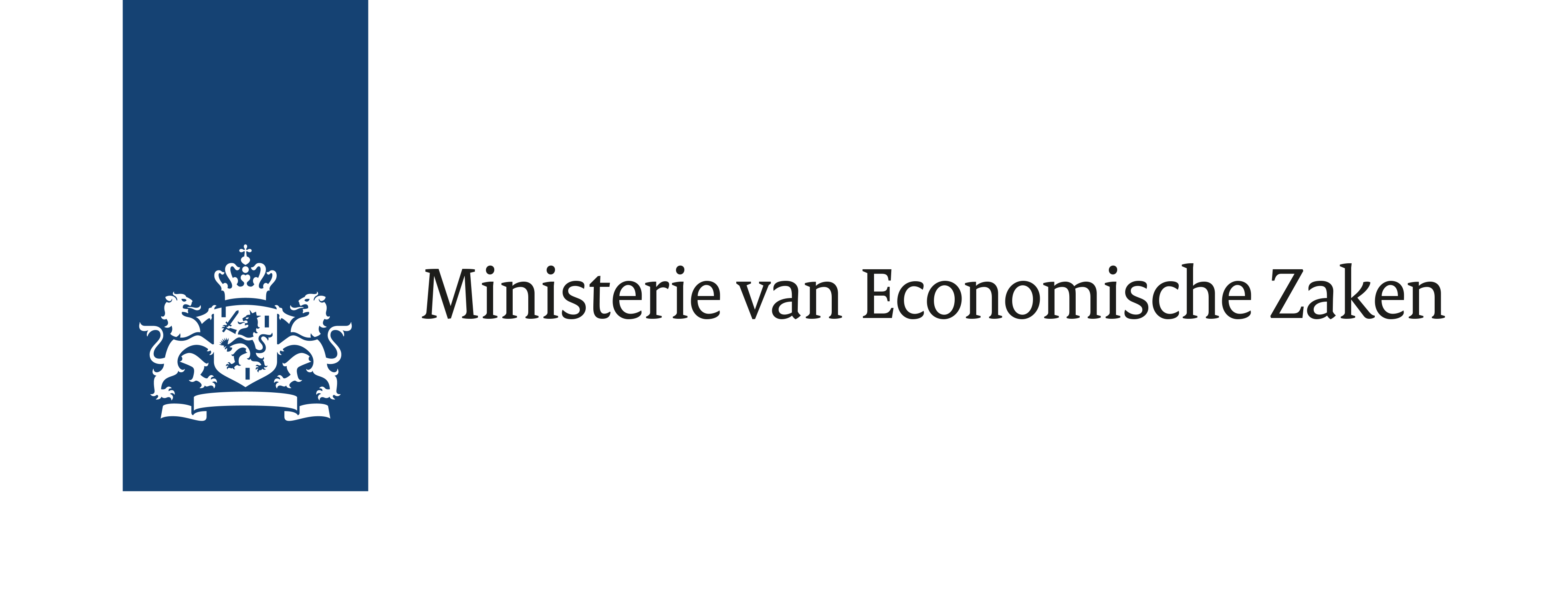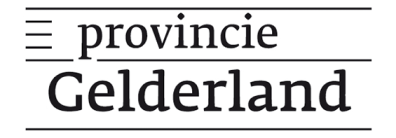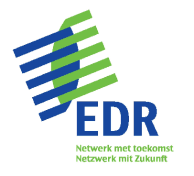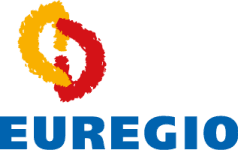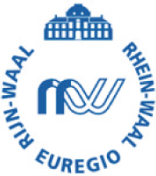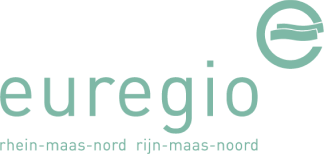New life for used textiles made from blended fibers. The mountains of old clothes are growing massively land are largely destroyed instead of being recycled and returned to the textile industry. Old textiles are a valuable raw material that can be easily reused. As part of the INTERREG V Programme the engineering and development service provider imat-uve is working with a German-Dutch project consortium on an industrial solution for the recycling of old clothes made of mixed fibres. The recycling yarns and woven fabrics are primarily intended for use in the automotive industry.
Previous recycling approaches usually follow chemical processes and therefore cannot be seen as wholly sustainable. The service provider imat-uve is developing, together with a consortium of partner companies, a mechanical recycling process without chemicals that recycles used textiles made of blended fibers for use in vehicle interiors.
By optimizing the recycling process, the blended fibers can be torn very finely and processed into a particularly soft, uniform card sliver by new spinning preparation technologies. This forms the best basis for spinning. The resulting high-quality yarns can be further processed for different requirements, depending on the blending of polyester. The raw material for the production of the yarns consists of sorted used workwear (made of 60 percent polyester and 40 percent cotton) and old clothes (made of unknown fiber blends) as well as raw polyester.
From the resulting recycling yarns, imat-uve created various fabric samples. The weaving process shows an excellent result. Even yarn made of 100 percent mixed fibers could be woven industrially without complications. There were no thread breaks and hardly any fiber abrasion during weaving. In tests with previous yarn and weaving versions, standard tests for the automotive industry, where high demands are placed on the durability and comfort of the textiles, have already been passed very well. The prognosis for the current fabrics suggests even more promising test results in the next test series. The project partners are eagerly awaiting further weaving trials in late summer 2020, in which yarns made of 100 percent blended fibers are processed not only as weft but also as warp threads.
The requirements of the automotive industry are regarded as the highest goals of the application, but the developed yarns are also to be made available to other sectors such as architecture, home textiles and clothing. In the sense of a circular economy with Cradle to Cradle (C2C) principles, the joint project aims to reduce the CO2 footprint of textiles and strengthen the textile industry in the Rhine-Meuse region. The process and product innovation is to be used to establish the textile industry in the border region between Germany and the Netherlands as an innovation leader in the field of mixed fiber recycling and textile recycling management.
Besides imat-uve, the project consortium consists of the partners C2C ExpoLab, FBBasic, Stichting Texperium and Trützschler. The project is supported by the European Union within the framework of the INTERREG Germany-Netherlands program and co-financed by the project partners, the North Rhine-Westphalian Ministry of Economic Affairs (MWIDE NRW), the Dutch Ministry of Economic Affairs and Climate (EZK) and the provinces of Limburg and Overijssel. The project started a year ago in the German-Dutch border region and will continue until December 2021.

